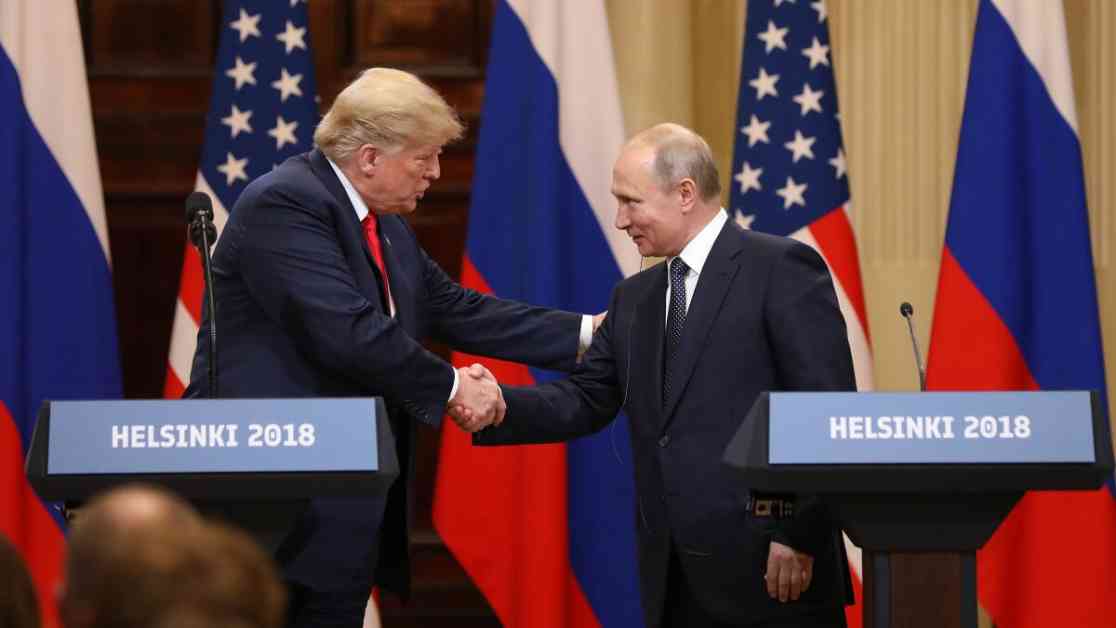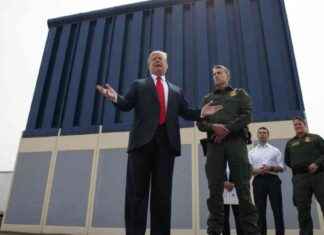Believing that Donald Trump would have a positive impact on the economy compared to Vice President Kamala Harris is like thinking you’re just a guest at a dinner party when you’re actually the main course. Trump’s economic policies have favored the wealthy elite, with three billionaires, including Elon Musk, contributing $220 million to his reelection campaign. These billionaires didn’t support Trump because they were struggling to afford basic necessities, but because they knew his policies would further enrich them at the expense of average Americans.
Trump’s 2017 tax cuts primarily benefited the wealthiest 20% of Americans, with billionaires reaping $2.2 trillion in profits. The promise of trickle-down economics, where benefits for the rich are supposed to lead to gains for everyone else, fell flat once again. Instead of investing in workers or stimulating economic growth, the tax breaks mostly lined the pockets of corporate owners. Even during the pandemic, while millions of Americans lost their jobs, the ultra-rich continued to amass wealth, with American billionaires gaining $1.2 trillion in the first year of the crisis.
Tax policies play a significant role in exacerbating economic inequality. For example, Elon Musk, the world’s richest person, reportedly paid only 3% in taxes from 2014-2018, while the average American paid around 15%. Trump’s economic agenda has not only benefited American billionaires but also the global elite, with the top 1% capturing the majority of new wealth created between 2020 and 2023.
Beyond financial contributions, some billionaires, like Musk, have been involved in questionable dealings with foreign leaders. Reports suggest that Musk has been in communication with Russian President Vladimir Putin, similar to Trump’s reported conversations with the dictator. These connections raise concerns about foreign influence and the agenda of these ultra-rich individuals.
The Panama Papers and Paradise Papers leaks have shed light on the offshore financial activities of the super-rich, exposing their efforts to evade taxes. While some individuals faced legal consequences, many escaped accountability, highlighting the loopholes that exist for the wealthy to avoid contributing their fair share. The implications of these leaks continue to reverberate, with ties to world leaders and influential figures coming to light.
Despite claims that Trump’s economic policies have benefited working-class Americans, the reality is quite different. Wage increases and support for workers have largely been driven by union actions and the current administration, rather than by the initiatives of Trump and his allies. The pandemic relief efforts, including stimulus checks, were championed by Democrats in Congress, highlighting the importance of government intervention in times of crisis.
As the economy recovers from the pandemic, it is crucial to acknowledge the role of effective governance in mitigating the damage caused by previous administrations. While Trump may present himself as a champion of the people, his track record reveals a prioritization of the wealthy elite over the interests of everyday Americans. The current gains and progress in the economy can be attributed to the efforts of leaders like Biden and Harris in undoing the harmful policies of the past. It is essential to critically assess the impact of economic decisions on different segments of society and strive for policies that promote inclusive prosperity for all.



























